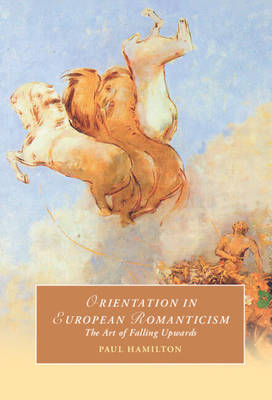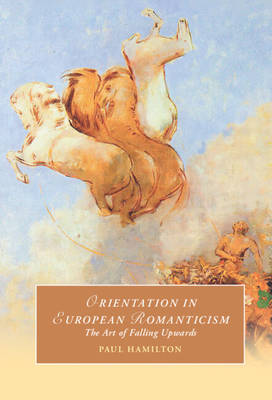
- Afhalen na 1 uur in een winkel met voorraad
- Gratis thuislevering in België vanaf € 30
- Ruim aanbod met 7 miljoen producten
- Afhalen na 1 uur in een winkel met voorraad
- Gratis thuislevering in België vanaf € 30
- Ruim aanbod met 7 miljoen producten
Zoeken
Omschrijving
Exploring the experiments in individual and national self-consciousness conducted during the Romantic period, this essential comparative study of European literature, philosophy and politics makes original and often surprising connections and contrasts to reveal how personal and social identities were re-orientated and disorientated from the French Revolution onwards. Reviving a contested moment in the history of aesthetic theory, this study shows how the growing awareness of irresolution in Kant's third Kritik allowed Romantic writers to put the aesthetic to radical uses not envisaged by its parent philosophy. It also recounts how they would go on to force philosophy to revise received notions of authority, empowering women and subordinated ethnic groups to re-orientate existing hierarchies. The sheer range and variety of writers covered is testament both to the breadth of writing that Kant's philosophy so rashly legitimated and to the wider importance of philosophy to the understanding of Romantic literature.
Specificaties
Betrokkenen
- Auteur(s):
- Uitgeverij:
Inhoud
- Aantal bladzijden:
- 322
- Taal:
- Engels
- Reeks:
- Reeksnummer:
- nr. 137
Eigenschappen
- Productcode (EAN):
- 9781009268233
- Verschijningsdatum:
- 20/10/2022
- Uitvoering:
- Hardcover
- Formaat:
- Genaaid
- Afmetingen:
- 152 mm x 229 mm
- Gewicht:
- 598 g

Alleen bij Standaard Boekhandel
+ 305 punten op je klantenkaart van Standaard Boekhandel
Beoordelingen
We publiceren alleen reviews die voldoen aan de voorwaarden voor reviews. Bekijk onze voorwaarden voor reviews.







